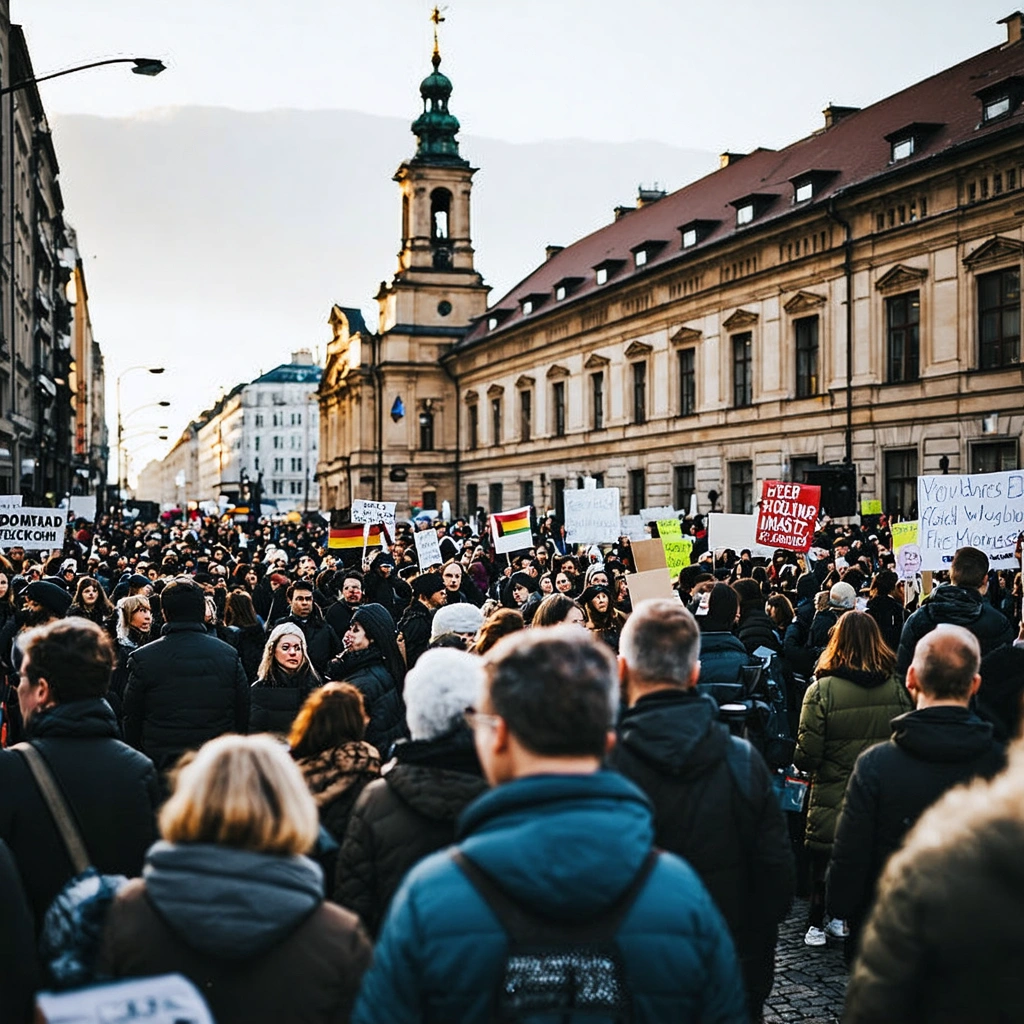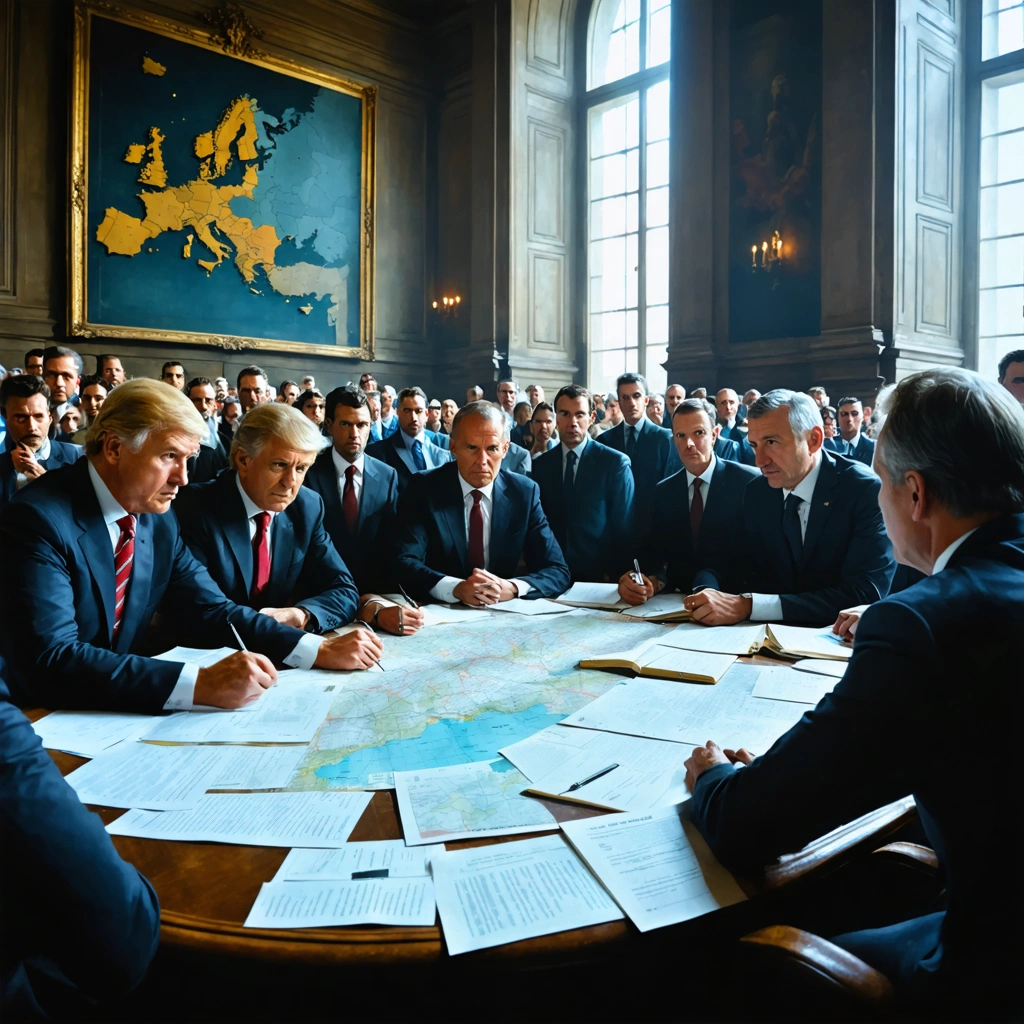Poland, a nation steeped in rich history and resilience, is currently standing at the brink of a geopolitical storm. With the recent surge in tensions between NATO and Russia, the implications for Poland have become a focal point of international discourse. As a member of NATO, Poland is both a frontline state and a key player in the alliance's collective security strategy.
Understanding Poland's Role in NATO
Article 4 of the NATO treaty allows member states to call for consultations when they perceive a threat to their territorial integrity, political independence, or security. Poland, in light of recent Russian drone incursions and other aggressive postures, has been increasingly vocal about invoking this article. But what does this really mean for the average Polish citizen and the broader European landscape?
The Rising Threat from Russia
The specter of Russian aggression looms large over Eastern Europe, with Poland often in the crosshairs. The recent reports of Russian drones penetrating Polish airspace have raised alarms. The question on everyone's mind is: Has Russia crossed a line? And if so, what are the implications for Poland? The fear is palpable, not just among politicians but among ordinary citizens who are beginning to question their safety and sovereignty.

Poland's Strategic Positioning
In response to these threats, Poland has been proactive in bolstering its defenses. The government has ramped up military spending and sought to strengthen its alliances within NATO. But is this enough? Or are we witnessing a dangerous game of political theater? Poland's leaders must balance the urgency of national defense with the potential for escalating tensions.
The Politics of Defense
- Increased military expenditures are seen as essential, but will they translate into real security?
- The impact of NATO's collective defense strategy is under scrutiny—does Article 5 provide enough reassurance?
- Political narratives are often shaped more by fear than by facts; how can citizens discern the truth?
Moreover, the question of whether Poland can rely on NATO's collective defense guarantees has become a heated debate. Critics argue that the reliance on NATO could leave Poland vulnerable if allies fail to respond decisively in a crisis. This skepticism is not unfounded, especially when juxtaposed against Russia's military maneuvers.
Public Sentiment and Civic Engagement
As the average Polish citizen grapples with these existential questions, civic engagement has surged. Protests, public forums, and discussions around national security and foreign policy have become commonplace. This is a positive indication of a politically aware populace, but it also underscores the urgent need for transparent communication from political leaders.
What Can Be Done?
- Encourage open dialogues between citizens and policymakers.
- Invest in public education regarding NATO and security issues.
- Foster a culture of skepticism towards political narratives that do not align with reality.
In a world where misinformation can spread like wildfire, grounding public discussions in facts is crucial. The government must actively engage with its citizens to rebuild trust.
Conclusion: A Call to Action
Poland is at a crossroads, facing both internal and external challenges that demand a robust response. As tensions with Russia continue to escalate, the invocation of Article 4 of NATO is not just a bureaucratic maneuver; it is a lifeline for Poland's security. However, it is essential for citizens to remain vigilant and informed, pushing back against the narratives that do not serve their interests.
Do you agree this policy is a disaster, or do you see it differently? Speak up.

💬 Join the Conversation
Leave a Comment
Comments (0)
No comments yet. Be the first to share your thoughts!